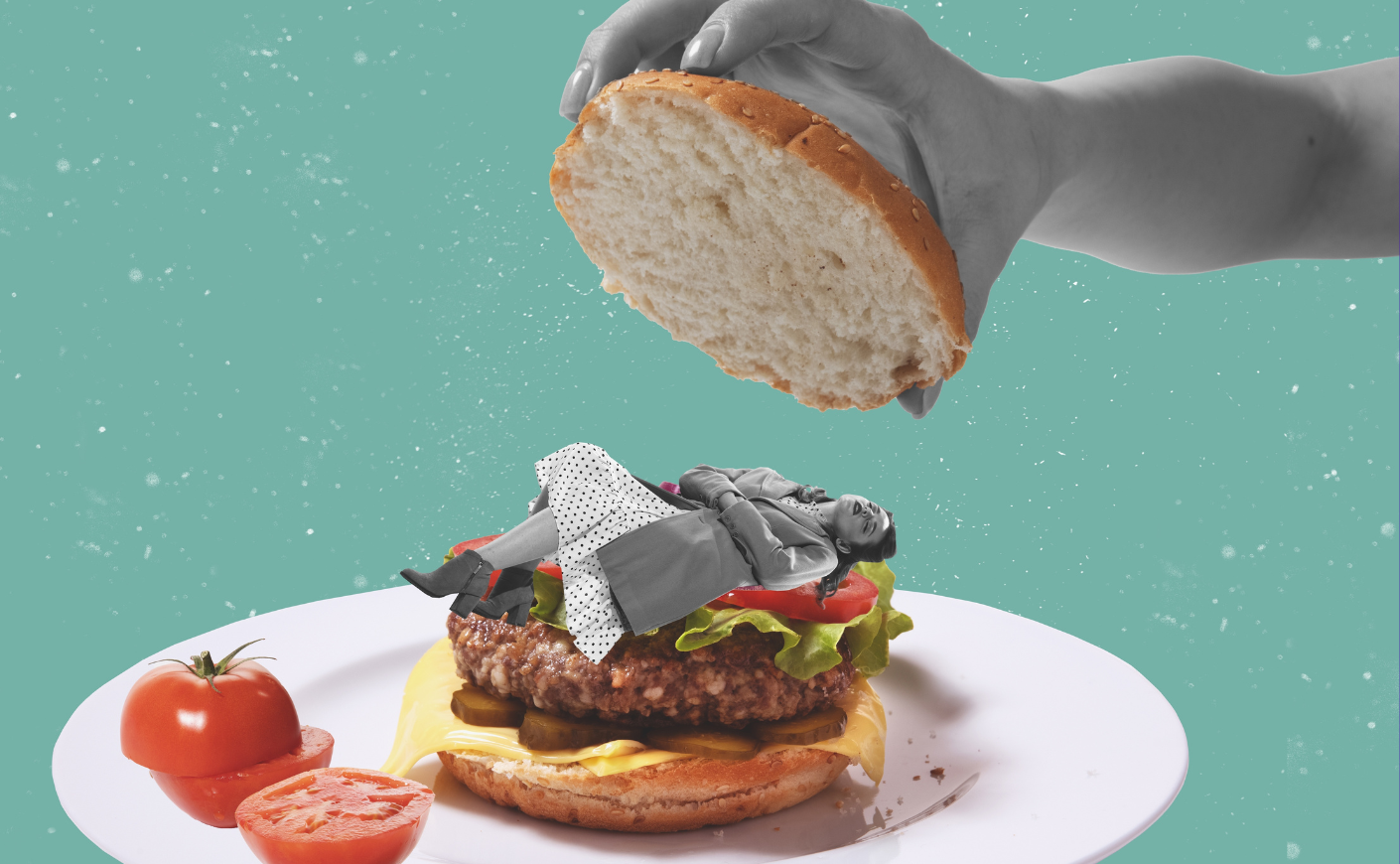You’ve done your entire self-care routine and you’ve donned your softest pajamas. You kept consistently busy during the day, so both your body and brain are tired. You turned your phone off an hour before tucking yourself into bed to reduce circadian rhythm issues from blue light. But when you’re wrapped in your freshly washed sheets, your mind suddenly turns on and you simply don’t feel sleepy.
If you struggle with sleepless nights, you’re probably turning to a variety of solutions. You’ve considered factors like sleep needs changing as you age, and you’ve probably invested in comfortable sleep accessories. But what you do or don’t eat can also encourage healthy sleep patterns. We consulted Jennifer Maeng, MS, RD, LD, CDN, CNSC, founder of Chelsea Nutrition, who recommends moderating or maximizing these specific foods and beverages to help get a decent night’s sleep.
Foods to help you sleep
You’ve heard your whole life that turkey is full of tryptophan, a magical substance that somehow always leaves you napping in front of the TV after Thanksgiving dinner. Tryptophan is actually an amino acid that your body converts into melatonin, a hormone your brain makes in response to darkness. Melatonin gets you naturally nice and drowsy without the unpleasant side effects of sleeping pills.
A 2017 study found that “the highest contents of melatonin were found in nuts, and some cereals and germinated legumes or seeds are also rich in melatonin.” Maeng recommends the following stand-out nuts, seeds, and legumes (plus one green) as accessible and tasty pre-bedtime snacks that “promote the production of melatonin”:
- Pumpkin seeds
- Chia seeds
- Almonds
- Cashews
- Peanuts
- Spinach
Foods that hinder sleep
Maeng says there’s evidence that your steak dinner can lead to sleep issues: “There are some studies that do associate red meat consumption with impaired sleeping patterns.”
She elaborates, “[One] study that looked at the associations of high habitual meat consumption showed poorer sleep patterns when compared to those who ate white meats or poultry.”
On the other hand, a 2017 study found that eggs and fish have a higher quantity of melatonin “than that in meat.” While no one’s saying you should go totally vegetarian or pescatarian, mindfully enjoying salmon over a burger some nights may help you get some rest.
Drinks that help you sleep
That evening glass of amaretto may make you relaxed and drowsy, but it’s actually an inefficient sleep aid.
“Alcohol can interfere with sleep by suppressing rapid eye movement (REM) sleep, which is the stage associated with dreaming and plays a vital role in memory consolidation and cognitive function,” Maeng says. “As a result, you can experience more fragmented sleep and wake up feeling tired.”
She also points out that the dehydrating effects of alcohol cause discomfort, which increases your chances of waking up well before your alarm. Lastly, she adds that “alcohol affects the production of hormones that regulate sleep such as melatonin.”
Wondering how you should replace your nightcap? If you like a warm drink, look no further than the box of chamomile tea in the back of your cabinet.
Maeng points to a study done on 34 people who took 270 mg of chamomile extract twice a day: “[They] were able to fall asleep 15 minutes quicker and were able to stay asleep for longer periods of time compared to the control.”
If you’d prefer a cold, refreshing, slightly sweet drink to help you sleep, Maeng recommends tart cherry juice: “[it’s] been studied widely in its interventions for sleep. It contains high amounts of melatonin.”
Is it bad to eat before bed?
Will an impromptu feast at midnight disturb your slumber? Maeng says that eating a full meal right before bed can throw your body out of whack and keep you awake: “Digestion requires a lot of energy and can increase your core body temperature. This rise in temperature can interfere with the natural drop in body temperature that helps initiate sleep.”
“Eating large amounts of food before bed can lead to fluctuations in blood sugar levels,” she adds. “When blood sugar levels spike and then drop rapidly, that can disrupt sleep patterns, causing you to wake up and reducing the overall quality of sleep.”
That said, you shouldn’t deprive yourself when you feel hungry. The Sleep Foundation simply advises eating a snack to curb hunger pangs before bed, rather than a rich, hearty meal. Going to bed hungry certainly isn’t the secret to better rest.









